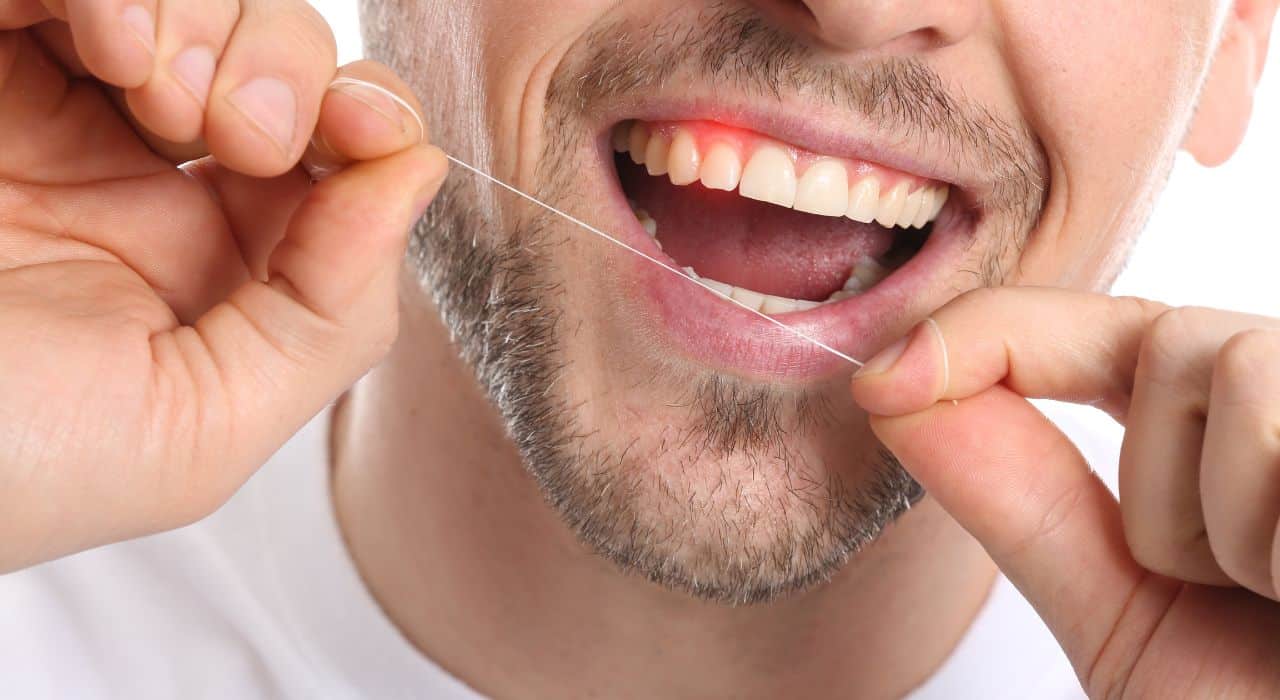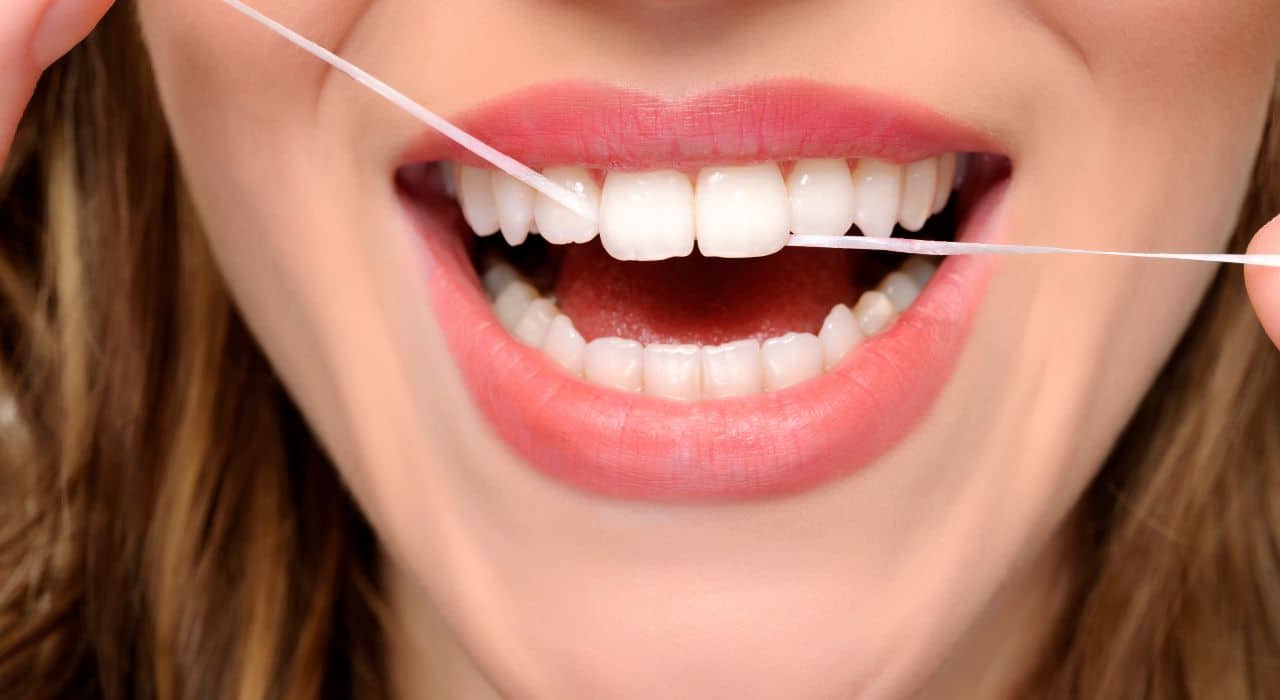Oral Hygiene: The Key to Preventing Gum Disease
Oral Hygiene: The Key to Preventing Gum Disease
One of the top concerns of dental patients in Lexington KY is the prevalence of gum disease. Gum disease is a serious dental condition that affects the tissues surrounding the teeth. However, the good news is that gum disease is preventable, and all it takes is good oral hygiene. We will discuss the key steps you can take to prevent gum disease and maintain good oral hygiene.
Brushing and flossing regularly
Oral hygiene starts with your daily brushing and flossing routine. Brushing your teeth twice a day, in the morning and at night, using fluoride toothpaste and a soft-bristled brush is essential for removing plaque and bacteria from the surface of your teeth. Also, flossing once a day to remove plaque that gets trapped between your teeth can prevent gum disease. Make sure to brush your tongue as well to remove bacteria that cause bad breath.
Regular checkups with your dentist
Regular visits to your dentist at Park Hills Family Dentistry are key to maintaining good oral health. During your visit, we can examine your teeth and gums, detect problems early, and recommend an appropriate treatment plan. Professional teeth cleaning twice a year can also remove tartar and prevent gum disease.
A healthy diet
What you eat can have an impact on your oral health. Limit your intake of sugary and acidic foods and drinks; they create an environment where bacteria thrive. Instead, opt for a balanced diet of fresh fruits and vegetables, whole grains, and lean proteins, which can help neutralize acid in your mouth. Drinking enough water can also help flush away food particles and bacteria.
Quit smoking
Smoking is one of the major risk factors for gum disease. The chemicals in tobacco can damage your oral tissues and weaken your immune system, making it harder for your body to fight gum disease. If you smoke, quitting could be one of the best things you can do for not only your oral health but overall health.
Manage stress
Stress can affect your immune system, which can increase your susceptibility to gum disease. Try to manage your stress levels by engaging in relaxing activities like yoga, meditation, or deep breathing exercises.
Contact Us
Gum disease is preventable with simple lifestyle adjustments and good oral hygiene habits. Engage in a regular brushing and flossing routine, visit your dentist at Park Hills Family Dentistry regularly, eat a healthy diet, quit smoking, and manage your stress. These are all important steps to protecting your oral health and preventing gum disease. Taking care of your oral health is just as important as taking care of your overall health, so start today!





